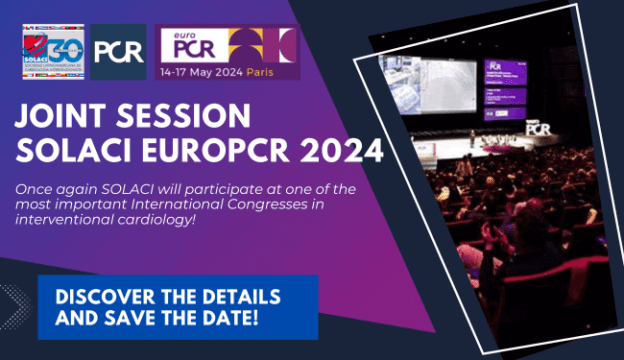Adding apixaban to the treatment of patients undergoing transcatheter aortic valve replacement (TAVR) was non-superior to standard antithrombotic treatment, according to the randomized ATLANTIS trial presented today at the American College of Cardiology (ACC) 2021 Congress.

Given its easy indication and good safety profile, it could be an option to vitamin K antagonists for patients with an indication for anticoagulation (e.g., atrial fibrillation). However, it does not seem to provide any additional benefit to the general population who undergoes TAVR.
This work yielded results that are in line with those of the GALILEO study with rivaroxaban. Neither offers a clear advantage nor presents any safety issues in terms of bleeding either.
Currently, simple antiplatelet therapy should be the standard therapy after TAVR for patients without any indication for double antiplatelet therapy or anticoagulation.
The ATLANTIS trial included 1510 patients who underwent TAVR and were stratified according to whether they were indicated an anticoagulant agent or not.
Patients were randomized to apixaban 5 mg twice a day vs. the standard of care (vitamin K antagonists) for those with an indication for anticoagulant agents, and apixaban 5 mg twice a day vs. the standard of care (antiplatelet agents) for those without an indication for anticoagulant agents.
The primary endpoint was a composite of death, stroke, systemic embolism, intracardiac or prosthesis thrombosis, deep venous thrombosis, pulmonary embolism, or major bleeding at a one-year follow-up. Such endpoint was similar between the apixaban arm and both standard of care arms.
More cases of prosthesis thrombosis were observed in the standard of care arm vs. apixaban (1.1% vs. 4.7%; hazard ratio: 0.23; 95% confidence interval: 0.11-0.50). This was observed more specifically in patients without an indication for anticoagulation.
Safety was good and comparable between arms, with an 8.5-% rate of major, disabling, or life-threatening bleeding.
Original Title: Oral anti-Xa anticoagulation after trans-aortic valve implantation for aortic stenosis: the randomized ATLANTIS trial.
Reference: Collet J-P et al. Presentado en el congreso de la ACC 2021.
Subscribe to our weekly newsletter
Get the latest scientific articles on interventional cardiology





